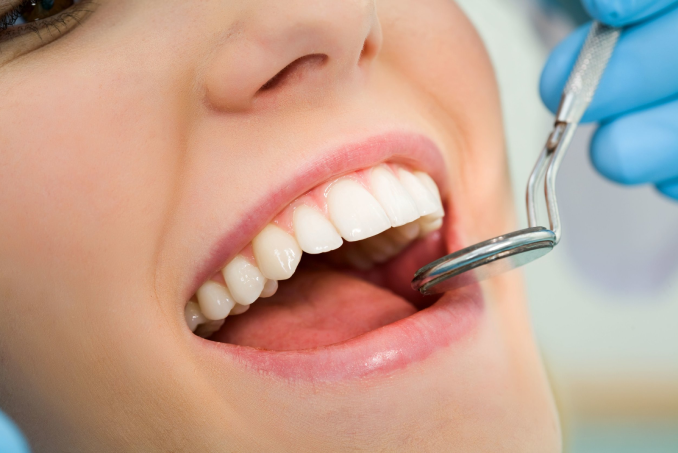The Key Reasons Why Should Select An Oral And Maxillofacial Surgeon
The Key Reasons Why Should Select An Oral And Maxillofacial Surgeon
Blog Article
Trusting any kind of surgery to a doctor about to catch knowledgeable about is really a decision that should to never be used lightly.
A dental and maxillofacial surgeon is a formally trained healthcare specialist. All dentists, whether are general or specialists, spend eight years in undergraduate college and dental school earning a DDS or DMD degree. A dental and maxillofacial surgeon spends an additional 3 to 4 numerous years of advanced training after dental school, inside a hospital-based environment. Following dental school, oral surgeons complete a at least 4 years in hospital-based surgical residency programs, where they train alongside medical residents in internal medicine, general surgery, and anesthesiology, as well as spending some time in emergency medicine, benh vien rang ham mat tp hcm, and otolaryngology. Their training focuses almost exclusively on the bone, skin and muscle with the face, mouth, and jaws. Additionally, some oral surgeons, get a medical degree (MD) along with their dental doctorate(DMD).
Once utilized, a verbal surgeon makes a specialty of performing surgical procedures. These procedures are the following: complicated teeth extractions, dental implant placement, repair of broken bones inside the jaws and face, removal of cysts and tumors with the jaws, cosmetic and TMJ surgeries, soft tissue biopsies, jaw realignment surgery to correct bite discrepancies.
Some community-based oral surgeons may not perform the more complex operations in her or her daily practice. However, its most likely any dental surgery procedure performed occasionally by the general dentist is conducted routinely by a verbal surgeon; this translates into statistically better patient outcomes. The connection between a newly released survey published within the Journal with the American Dental Association demonstrate that dental implant survival and results in oral and maxillofacial surgery practices are significantly higher than identical procedures done by general dental surgeons.
Through extensive surgical training, oral surgeons may also be encountered with a wide range of complications that could arise from performing the many dental surgeries. While a general dentist may go through comfortable using a dental surgery procedure giving you, the same dentist might not feel safe managing complications due to that procedure. An oral surgeon can be able to either avoid or manage the complications that arise from a surgery she or he performs.
Licensed dentists can select to execute any dental procedure in which these are comfortable. However, it can be hard for general dentists to continue feeling competent with all dental surgeries, many of which they've had only limited experience of inside their dental schooling. Reputable dentists will treat merely the conditions in which believe that comfortable and definately will recommend an expert for some thing complicated.
In the long run, your final decision to find out a dental surgeon relies partially around the recommendation out of your general dentist but additionally on your confidence in knowing that you are seeing a person that performs the method you will need daily. By selecting a residency trained oral and maxillofacial surgeon, you're deciding to see someone who has undergone a rigorous specialty program and contains experience performing the process you need and experience in treating potential complications that will arise.
CONDITIONS AN ORAL SURGEON SHOULD TREAT
Equally as you will not ask your household doctor to perform heart surgery, there are particular procedures that will only be completed by oral surgeons, that have extensive education, training, and surgical expertise.
Perform complex tooth extractions, including removing impacted teeth, including wisdom teeth.
Evaluate, plan a course of treatment and place tooth implants to exchange one or more teeth.
Surgically reconstruct inadequate bone structure inside the jaw area.
Treat accident victims who are suffering head or neck trauma along with injuries for the face, jaws, mouth and/or teeth.
Treat patients with tumors and cysts from the jaws.
Diagnose and treat oral cancer and other diseases inside the maxillofacial region.
Perform facial benh vien rang ham mat procedures to further improve facial appearance.
Diagnose and treat facial pain on account of conditions including TMJ (temporomandibular joint disorder).
Diagnose and surgically treat obstructive sleep apnea.